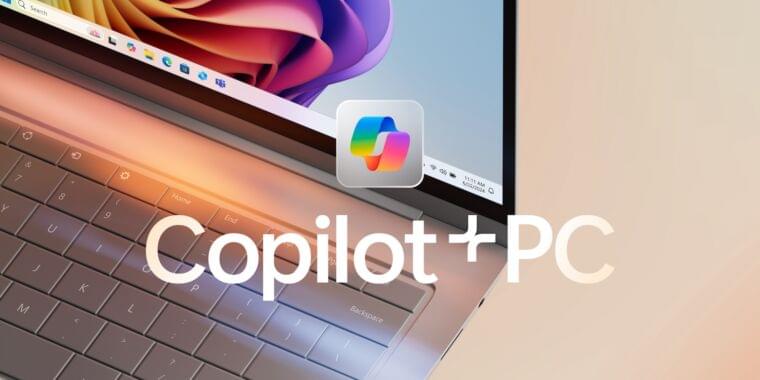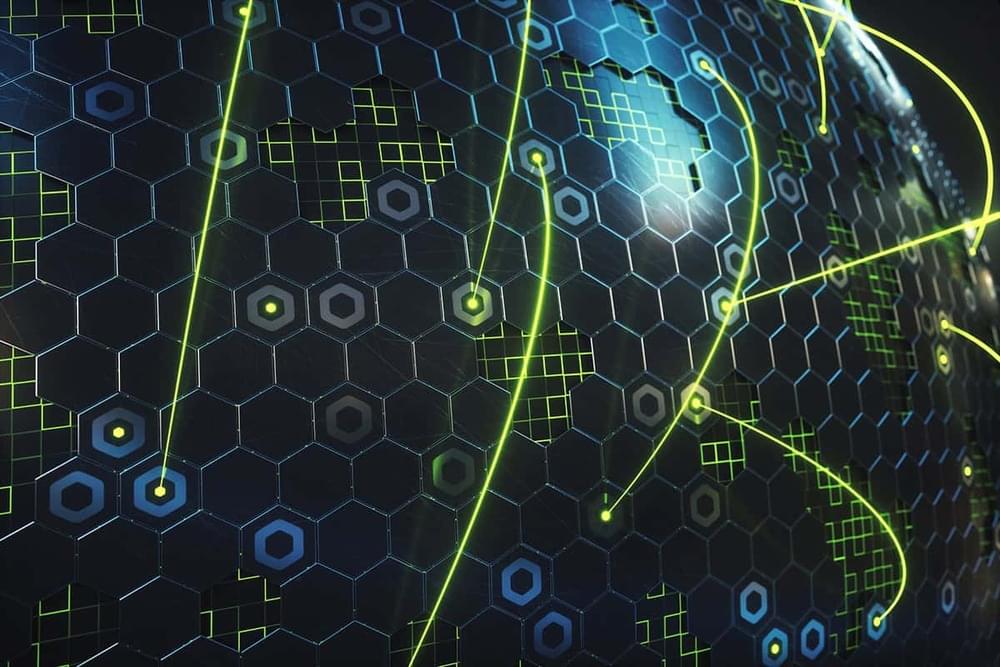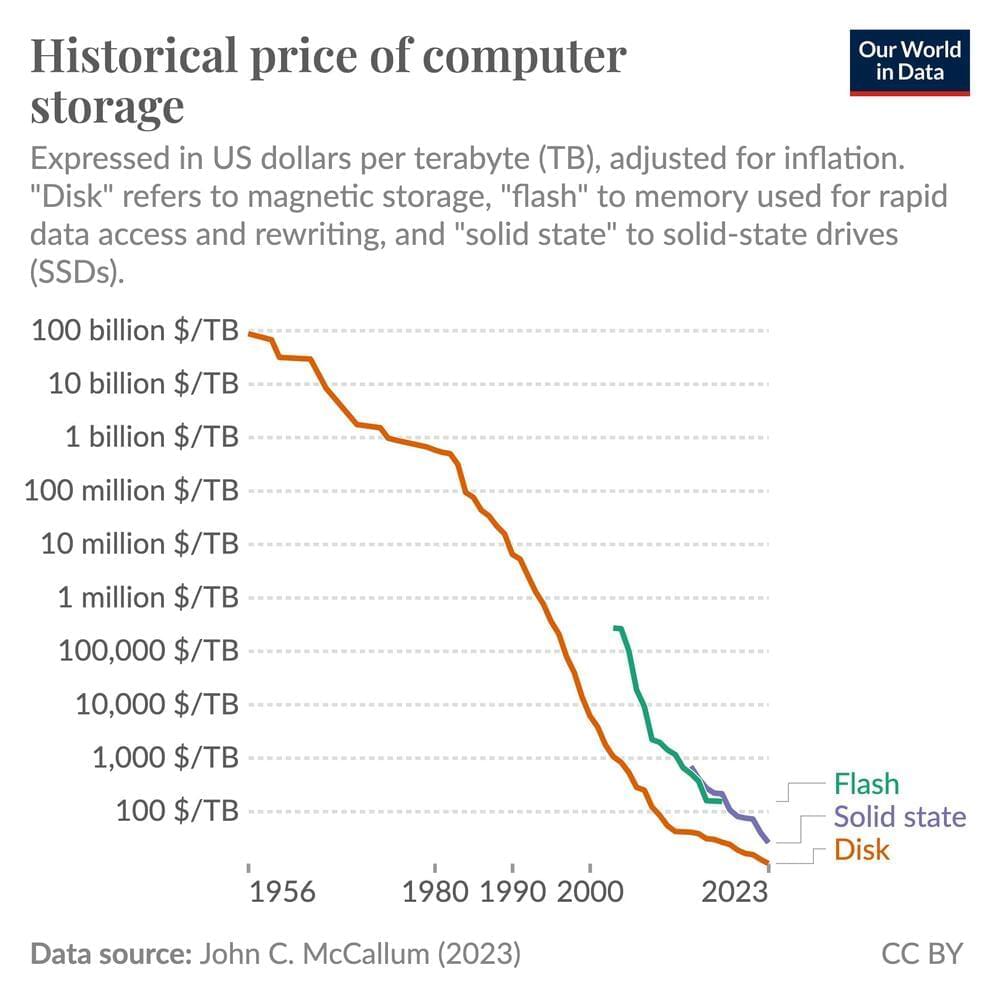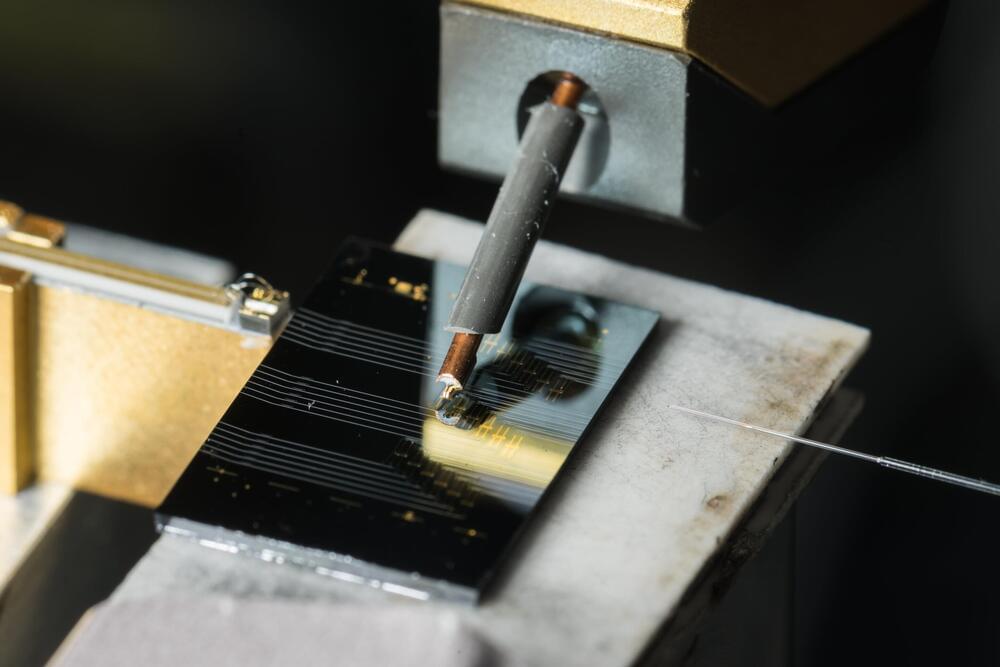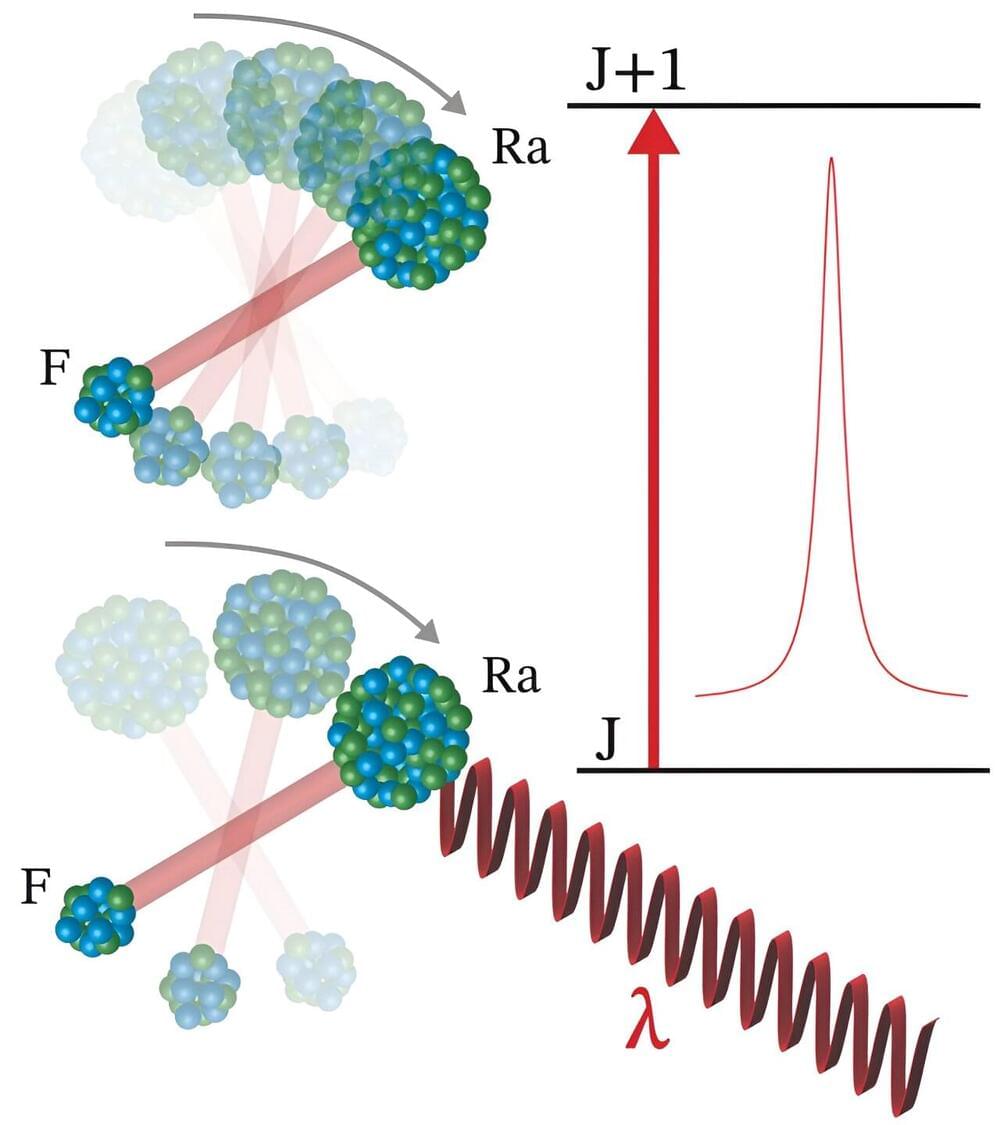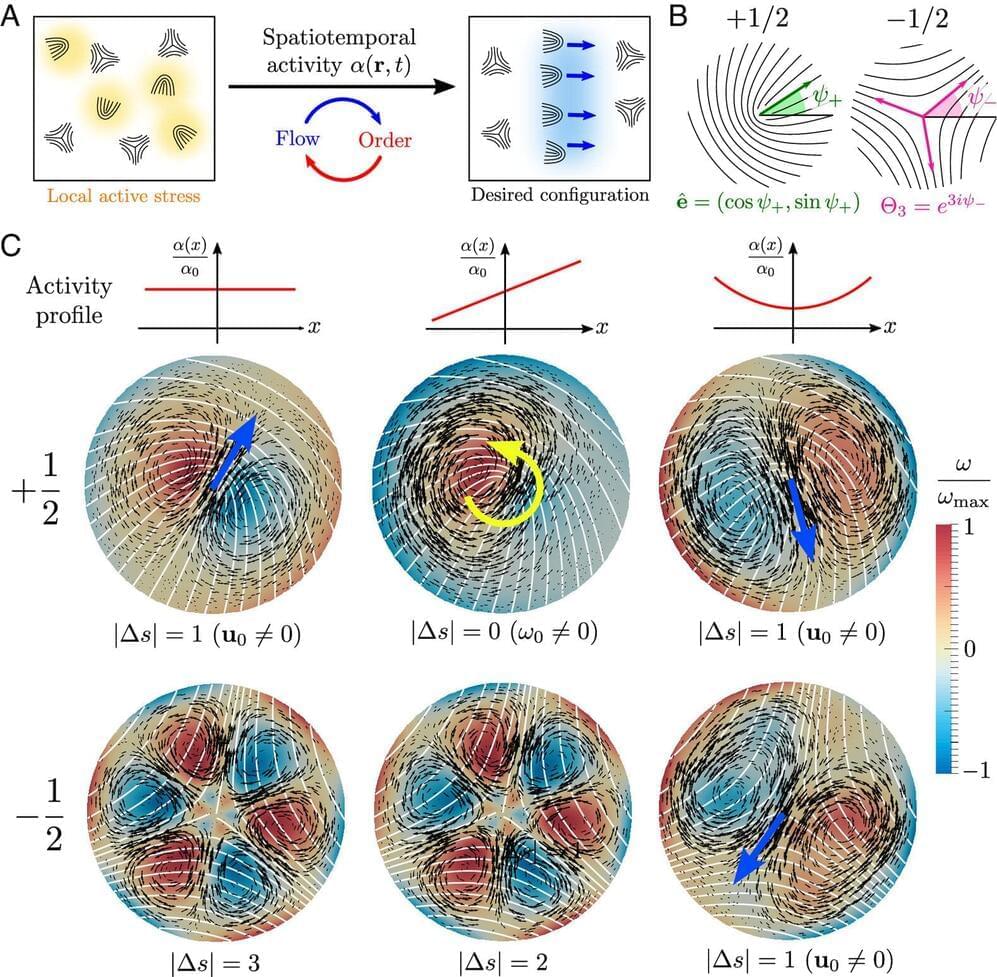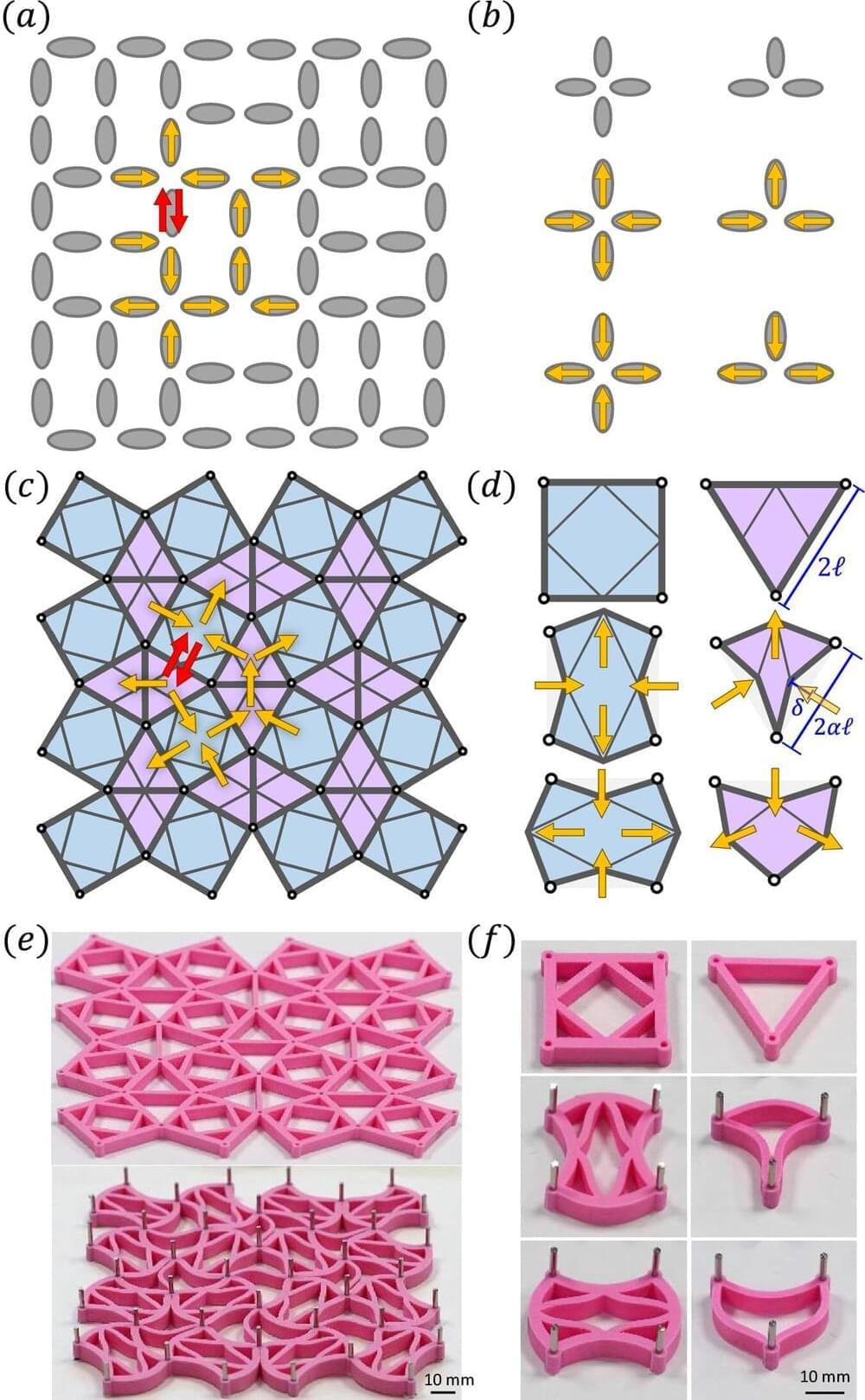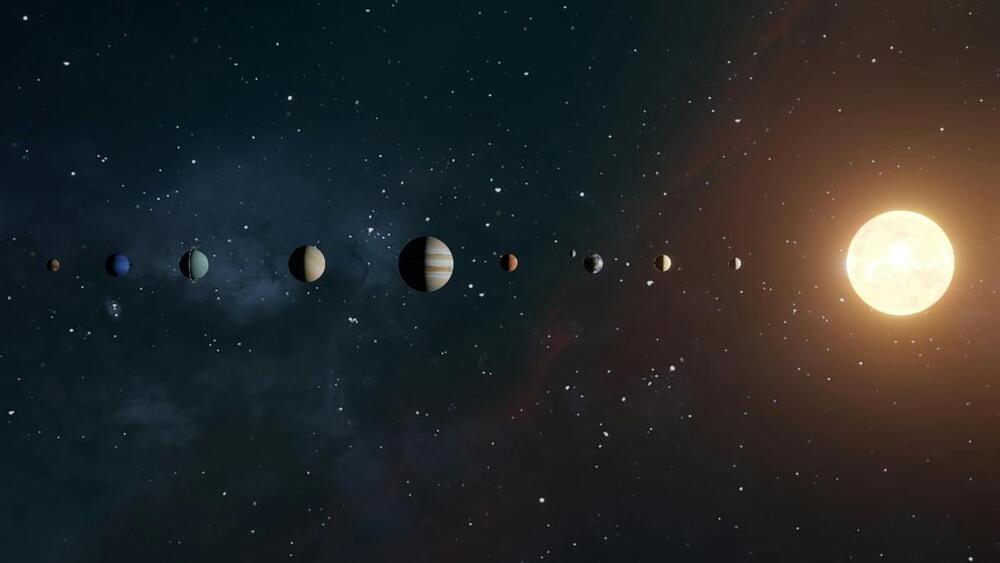May 23, 2024
Microsoft’s “Copilot+” AI PC requirements are embarrassing for Intel and AMD
Posted by Saúl Morales Rodriguéz in category: robotics/AI
At a minimum, systems will need 16GB of RAM and 256GB of storage, to accommodate both the memory requirements and the on-disk storage requirements needed for things like large language models (LLMs; even so-called “small language models” like Microsoft’s Phi-3, still use several billion parameters). Microsoft says that all of the Snapdragon X Plus and Elite-powered PCs being announced today will come with the Copilot+ features pre-installed, and that they’ll begin shipping on June 18th.
But the biggest new requirement, and the blocker for virtually every Windows PC in use today, will be for an integrated neural processing unit, or NPU. Microsoft requires an NPU with performance rated at 40 trillion operations per second (TOPS), a high-level performance figure that Microsoft, Qualcomm, Apple, and others use for NPU performance comparisons. Right now, that requirement can only be met by a single chip in the Windows PC ecosystem, one that isn’t even quite available yet: Qualcomm’s Snapdragon X Elite and X Plus, launching in the new Surface and a number of PCs from the likes of Dell, Lenovo, HP, Asus, Acer, and other major PC OEMs in the next couple of months. All of those chips have NPUs capable of 45 TOPS, just a shade more than Microsoft’s minimum requirement.
